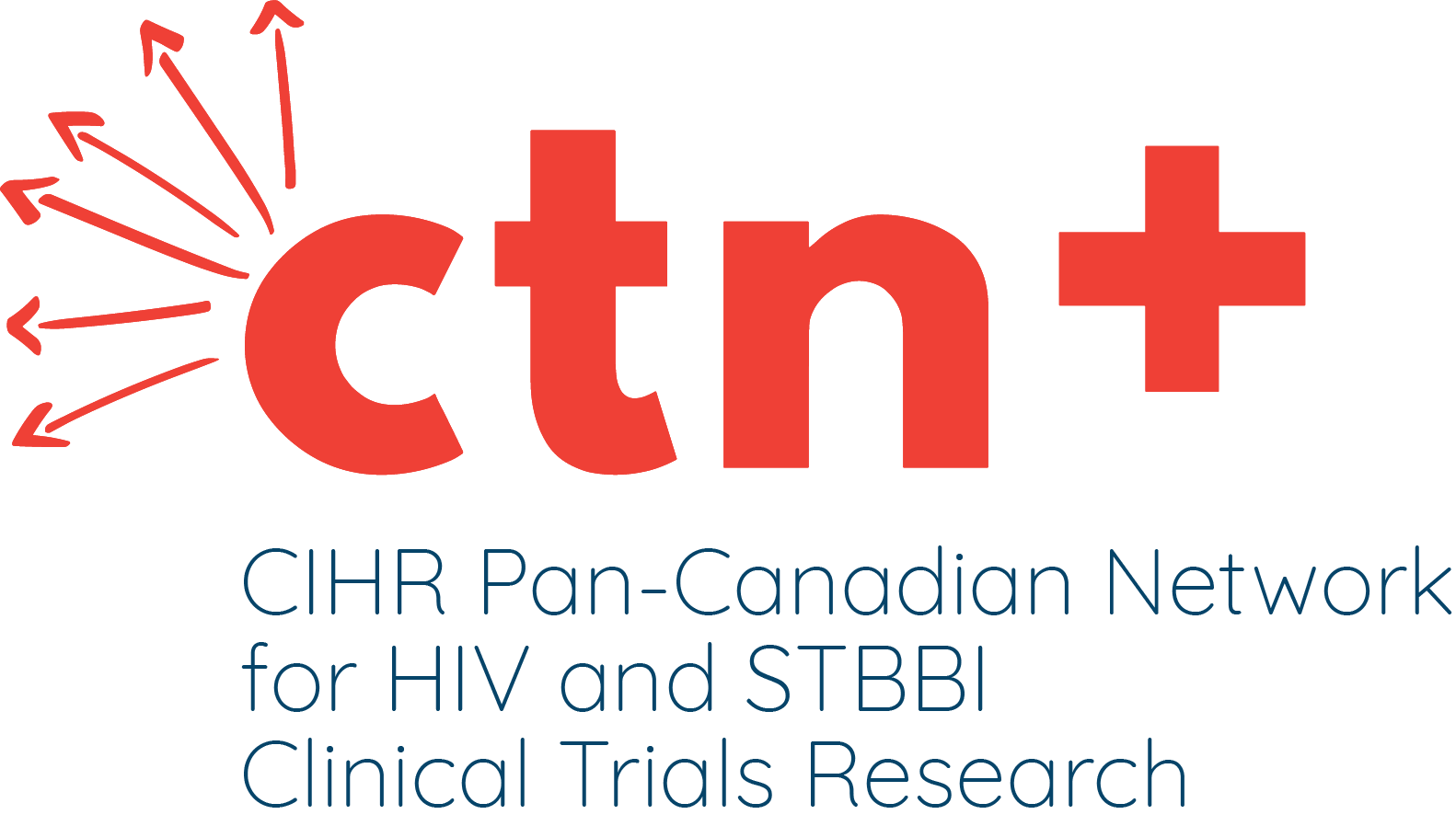If your study is testing a new drug, or an approved drug outside of its approved use, then you will have to submit a Clinical Trial Application (CTA) to Health Canada. A CTA is needed when:
- Required for all Phase I, II and III studies that include drug, biologic and/or natural health product intervention.
- Phase IV studies – performed within the approved indication after the drug/biologic/natural health product has been approved by Health Canada for the market – are exempt from the CTA.
As part of CIHR’s signing of the World Health Organization’s Joint Statement on Public Disclosure of Results from Clinical Trials, all CIHR-funded clinical trials must comply with the following:
- All study publications must include the registration number/Trial ID (to be specified in the article summary/abstract).
- Public disclosure of results must be done within a mandated time frame:
- publications describing clinical trial results must be open access from the date of publication;
- summary results must be publicly available within 12 months from the last visit of the last participant (for collection of data on the primary outcome)
Examples of studies requiring a CTA:
- Investigational drug (no Drug Identification Number [DIN])
- Approved drug being studied outside of approved indication/clinical use (e.g. new disease state/new patient population, pediatric population)
- Approved drug being studies outside of approved dosing requirements (e.g. increased dose or change in dosing regimen)
- Approved drug being administered via unapproved route CTN has a regulatory affairs department that can submit a CTA, manage the lifecycle of your regulatory application, and liaise with Health Canada on your behalf (click here for more information).
Does your study involve an investigational medical device? You may need to obtain an Investigational Testing Authorization (ITA) from Health Canada.
Are you testing a Natural Health Product? Health Canada Natural and Non-prescription Health Product Directorate
In August 2019, Health Canada, Regulatory Operations and Enforcement Branch (ROEB), released Guidance Document (GUI-0100), providing guidance on interpreting the regulations around conducting a regulated clinical trial in Canada.
“This guidance document will help anyone who is involved in the conduct of clinical trials of drugs in human subjects in Canada to comply with Part C, Division 5 of the Food and Drug Regulations and to understand the International Council for Harmonisation (ICH) Guidance Document: Good Clinical Practice: Integrated Addendum to E6(R1) ICH Topic E6(R2)in the Canadian context.”
Contact Dana Nohynek for further advice.
